prince Dangi
Descriptioniuyt
NGO DARPAN ID - UP/2020/0250308 अँधेरों में जिनके धुँधले हैं रास्ते। दीप जलाना है उन्हीं के वास्ते।"

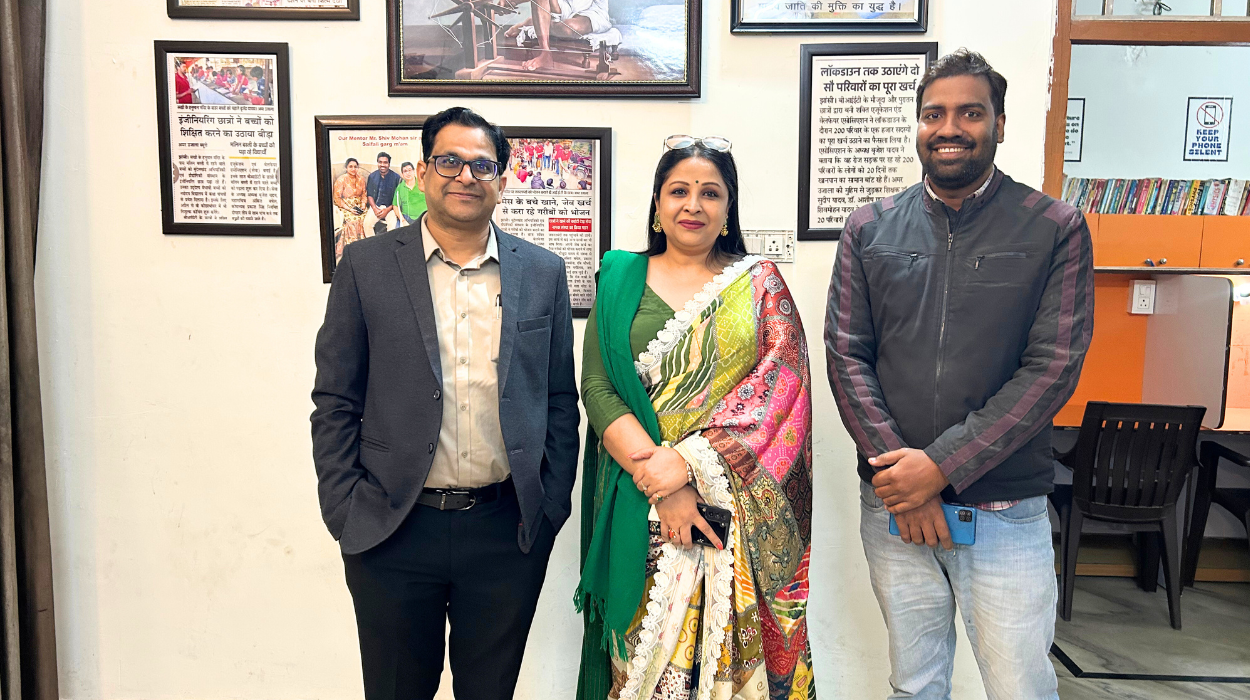
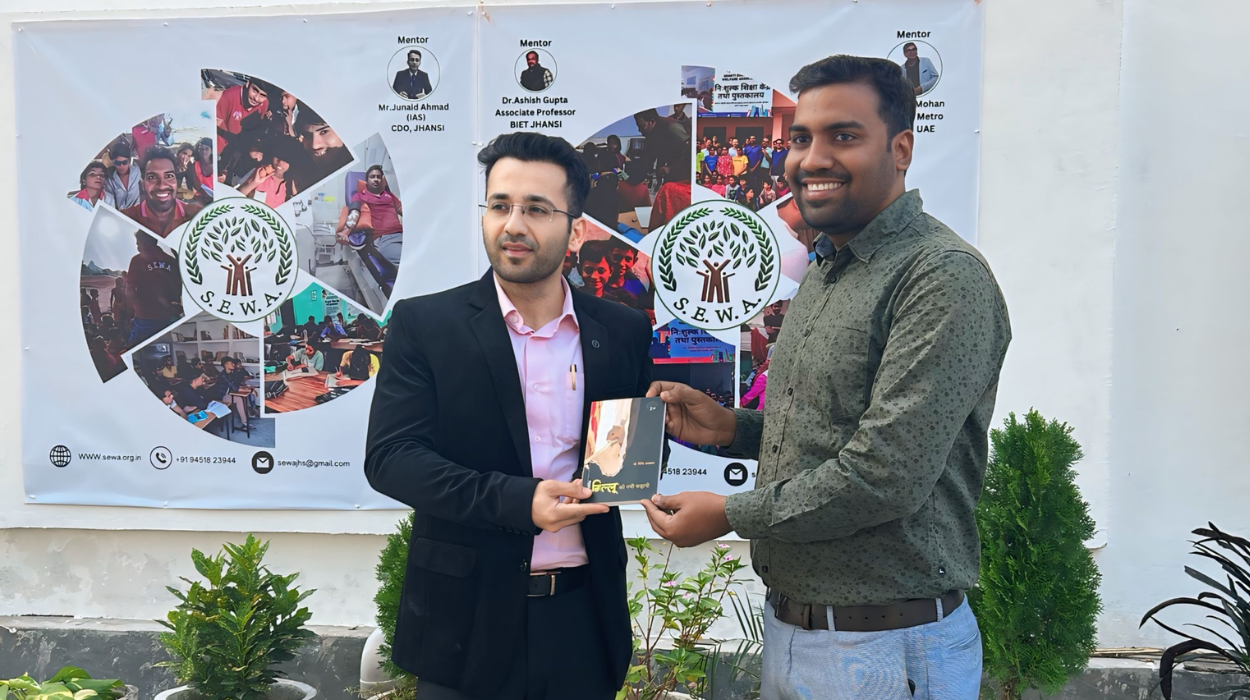
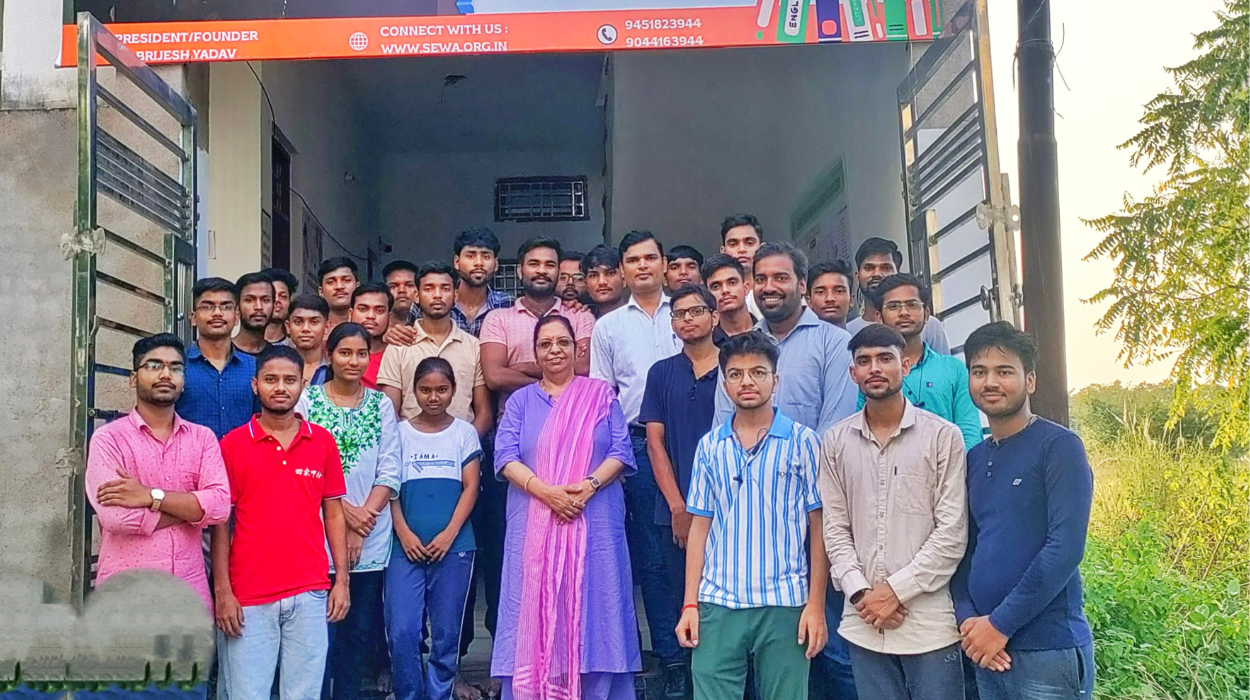
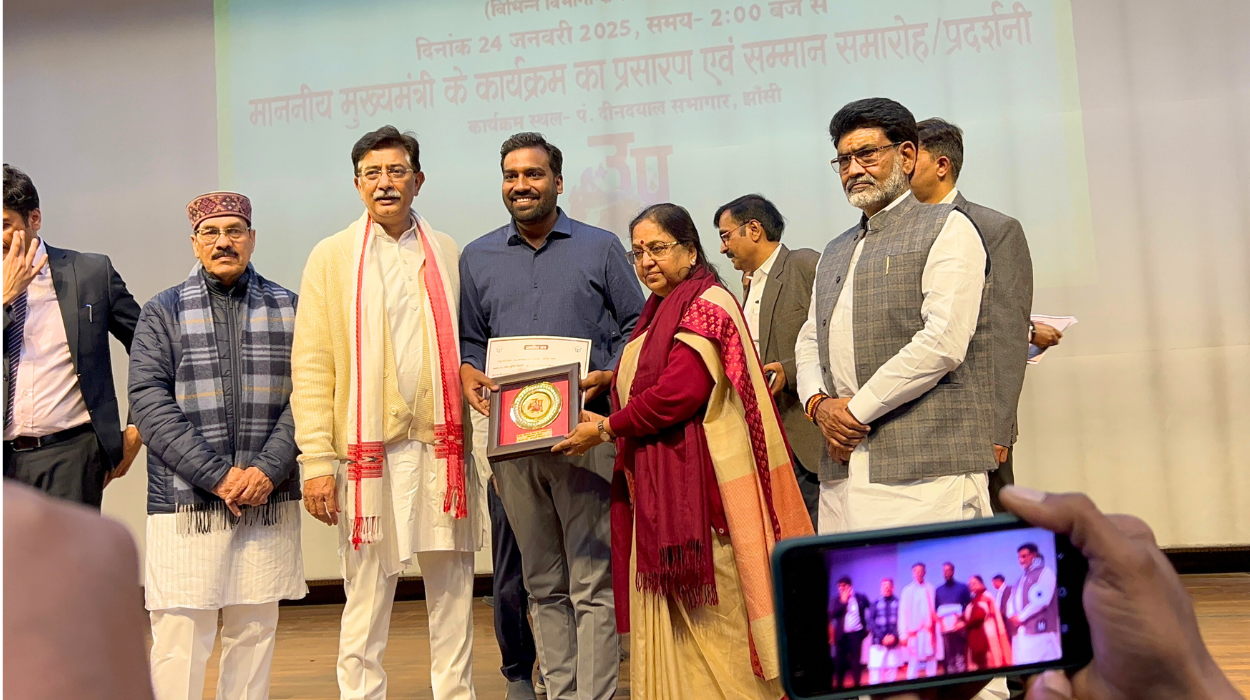

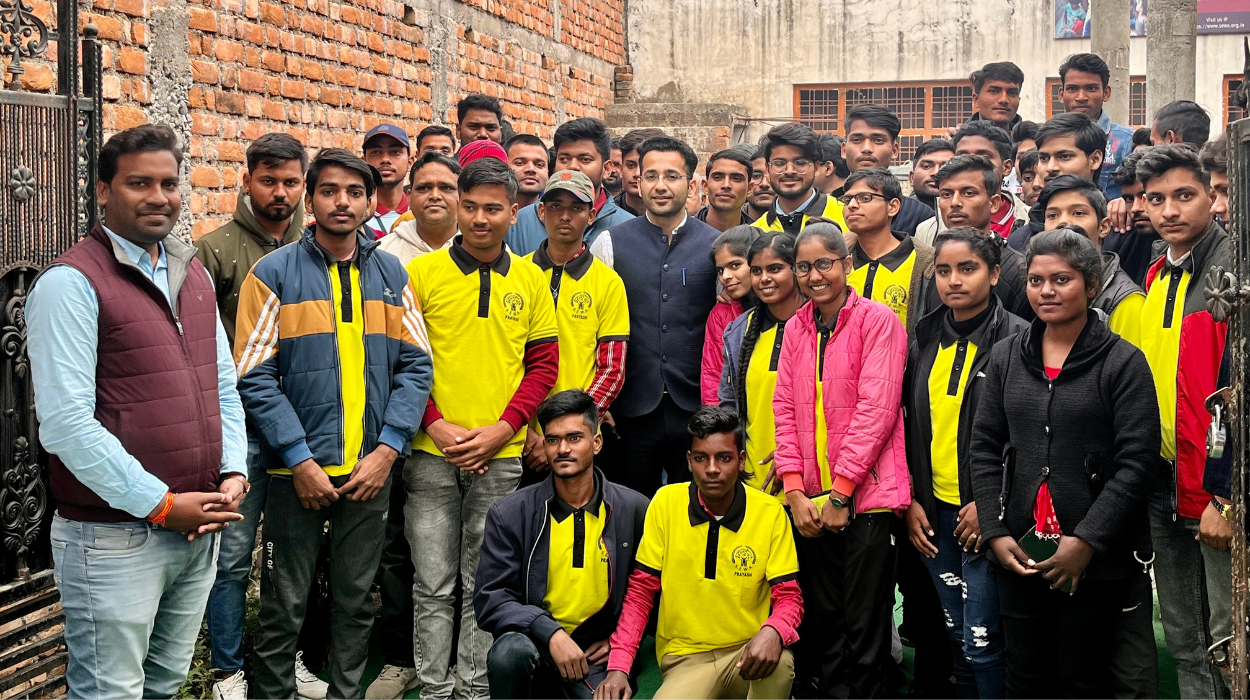
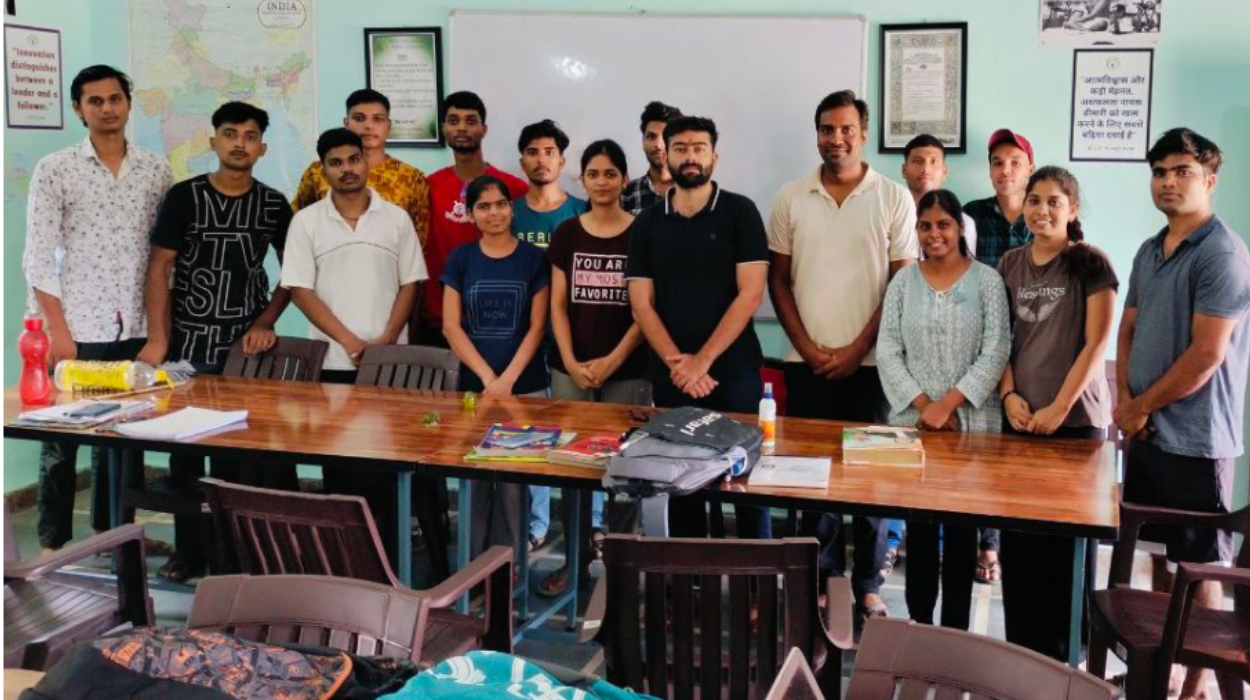
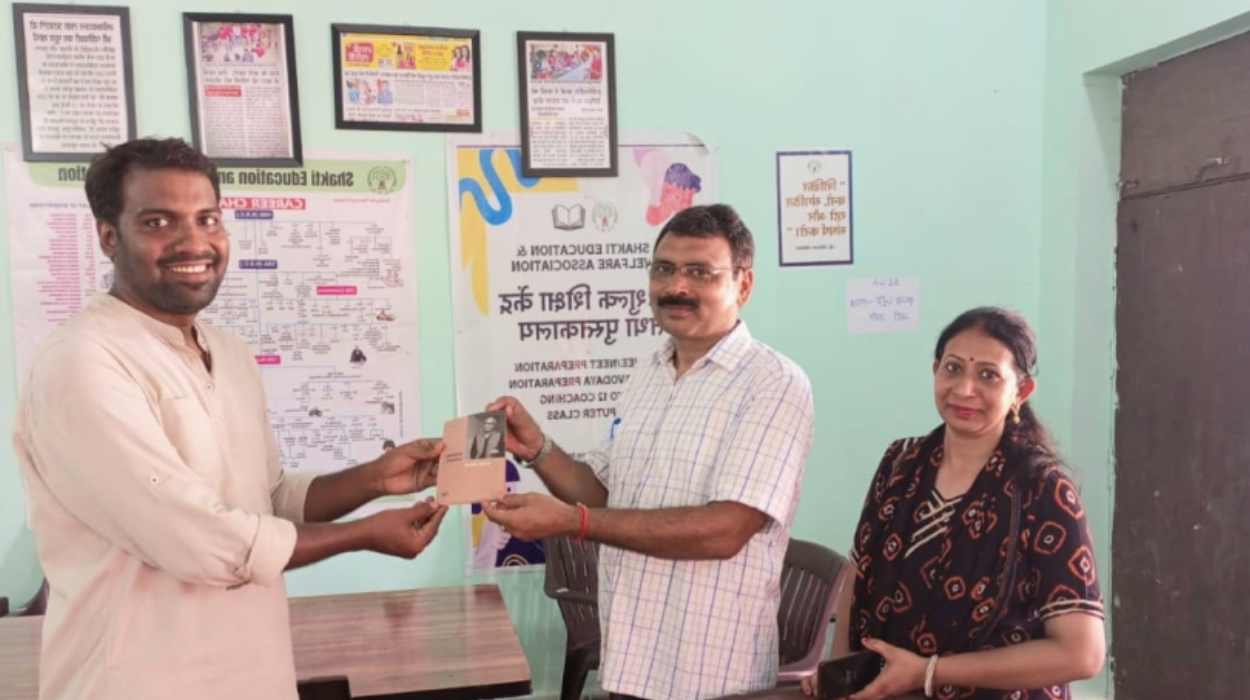

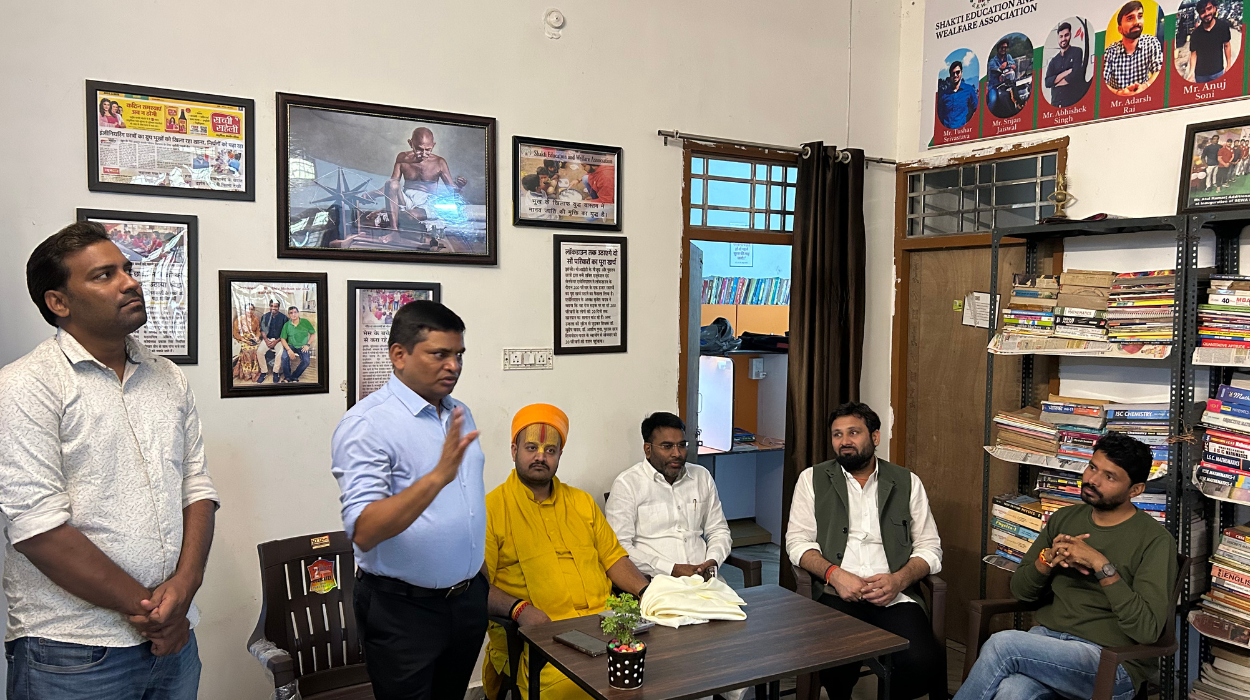
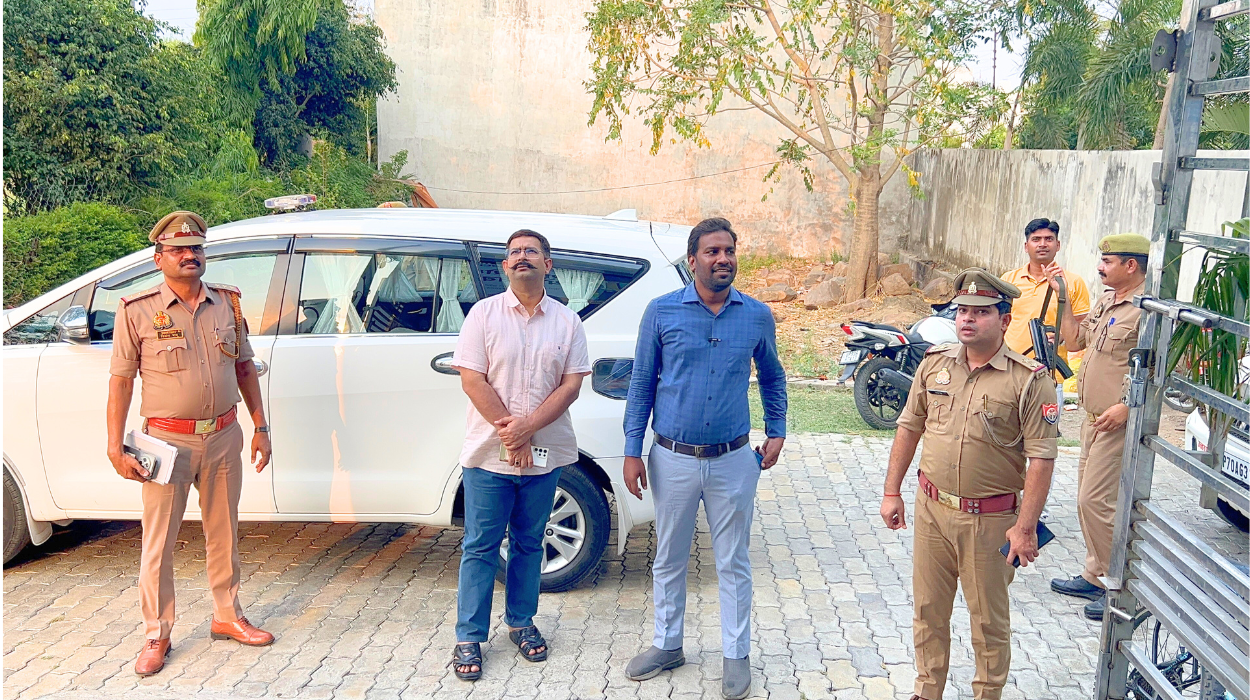
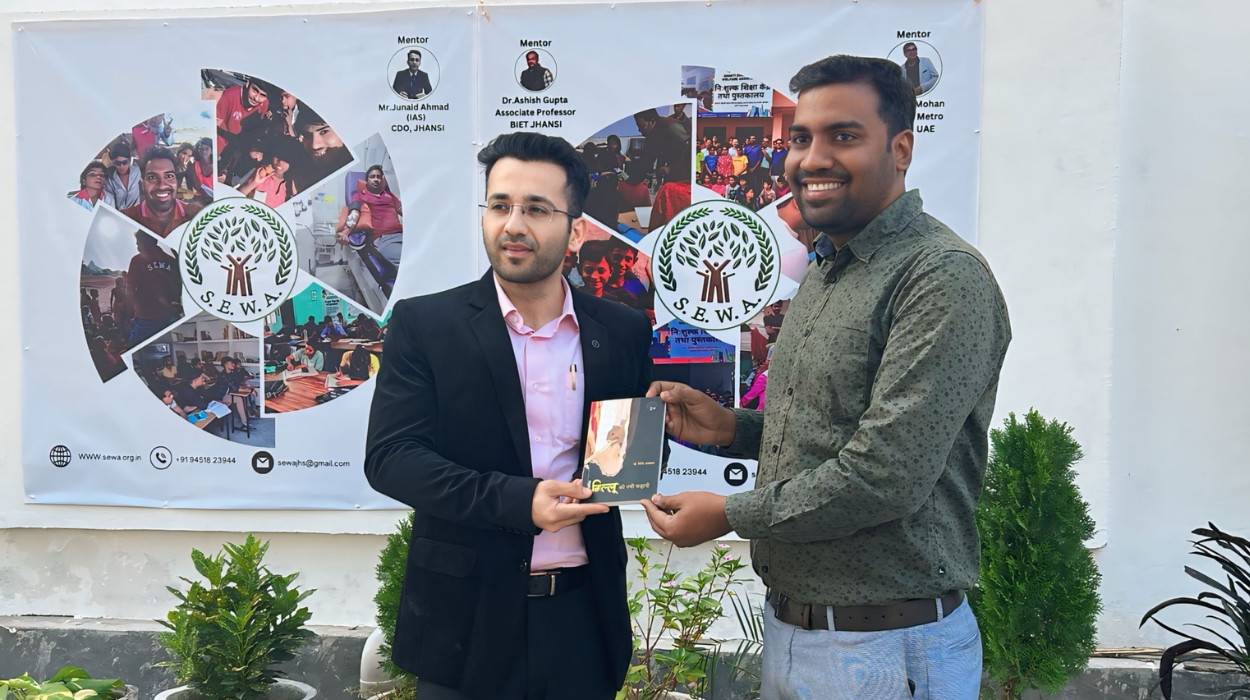



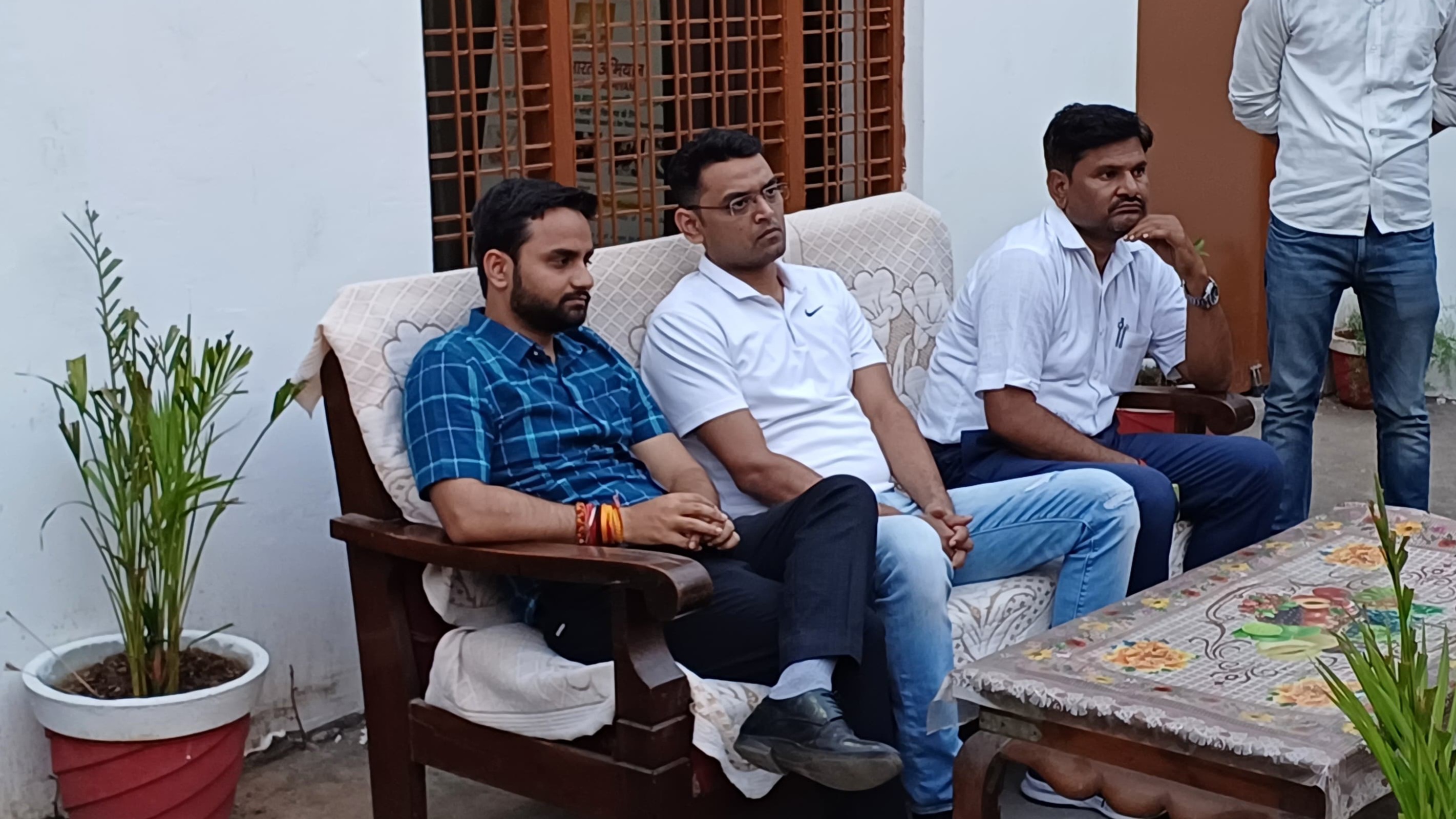
Today Joint Magistrate, Jhansi Mr. Utkarsh Dwivedi (IAS, AIR 4) visited SEWA's Free Library and Free Education Center Baragaon, Jhansi. While inspecting, he said that this library is no less than a boon for the children who do not have adequate means of education. While interacting with the children, he discussed in detail about all the competitions and answered everyone's questions. He also told that the path to any success goes through hard work. Professor Amitabh Srivastava sir, Dr. Sudeep Yadav sir, Dr. Narendra Kumar sir, Dr. Ashish Gupta sir were present during the children's interaction. Your continuous support helps us financially weaker children to realize their dreams. Many thanks and thanks to all of you.
Today Joint Magistrate, Jhansi Shri Utkarsh Dwivedi (IAS, AIR 4) visited SEWA's Free Library and Free Education Center Baragaon, Jhansi. While inspecting, he said that this library is no less than a boon for the children who do not have adequate means of education. While interacting with the children, he discussed in detail about all the competitions and answered everyone's questions.
He also told that the path to any success goes through hard work.
Professor Amitabh Srivastava sir, Dr. Sudeep Yadav sir, Dr. Narendra Kumar sir, Dr. Ashish Gupta sir were present during the children's interaction.
Your continuous support helps us financially weaker children to realize their dreams. Many thanks and thanks to all of you.
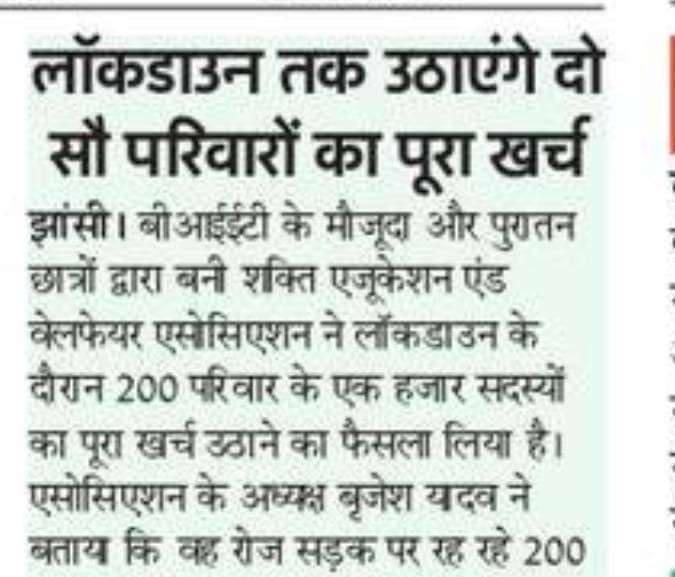
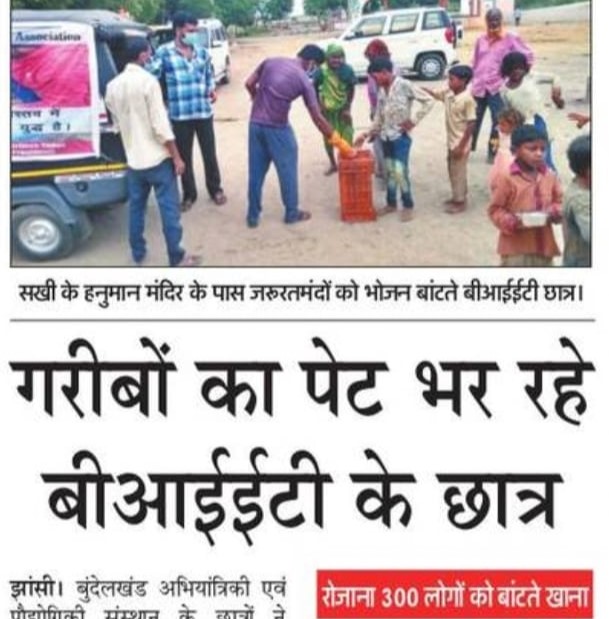
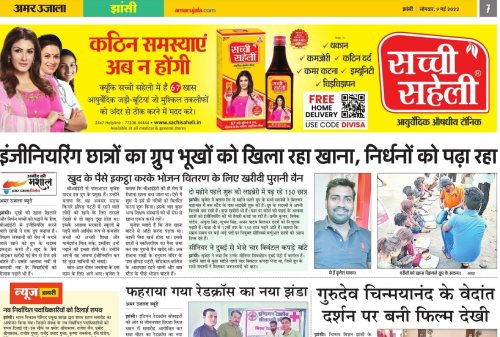
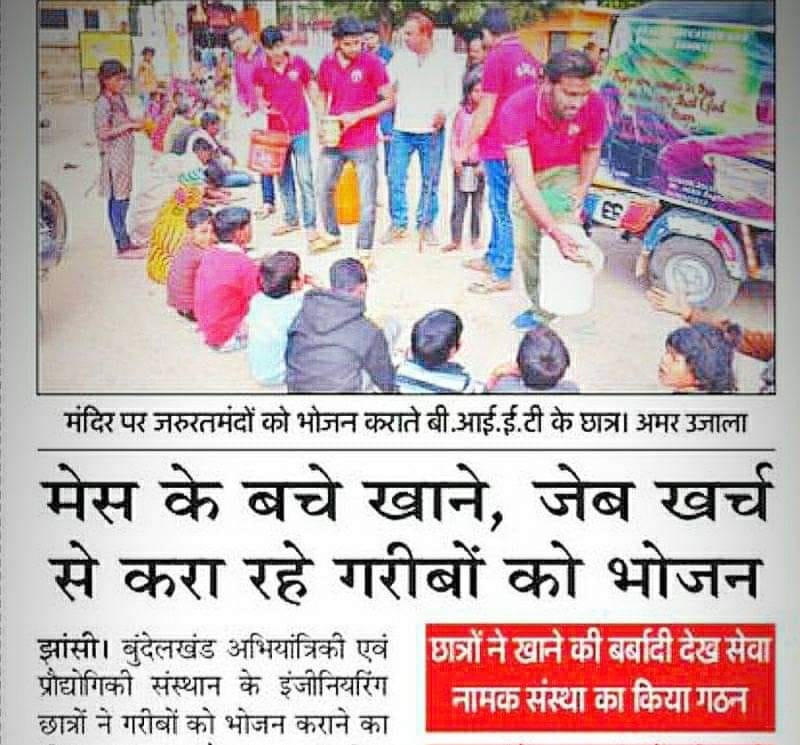
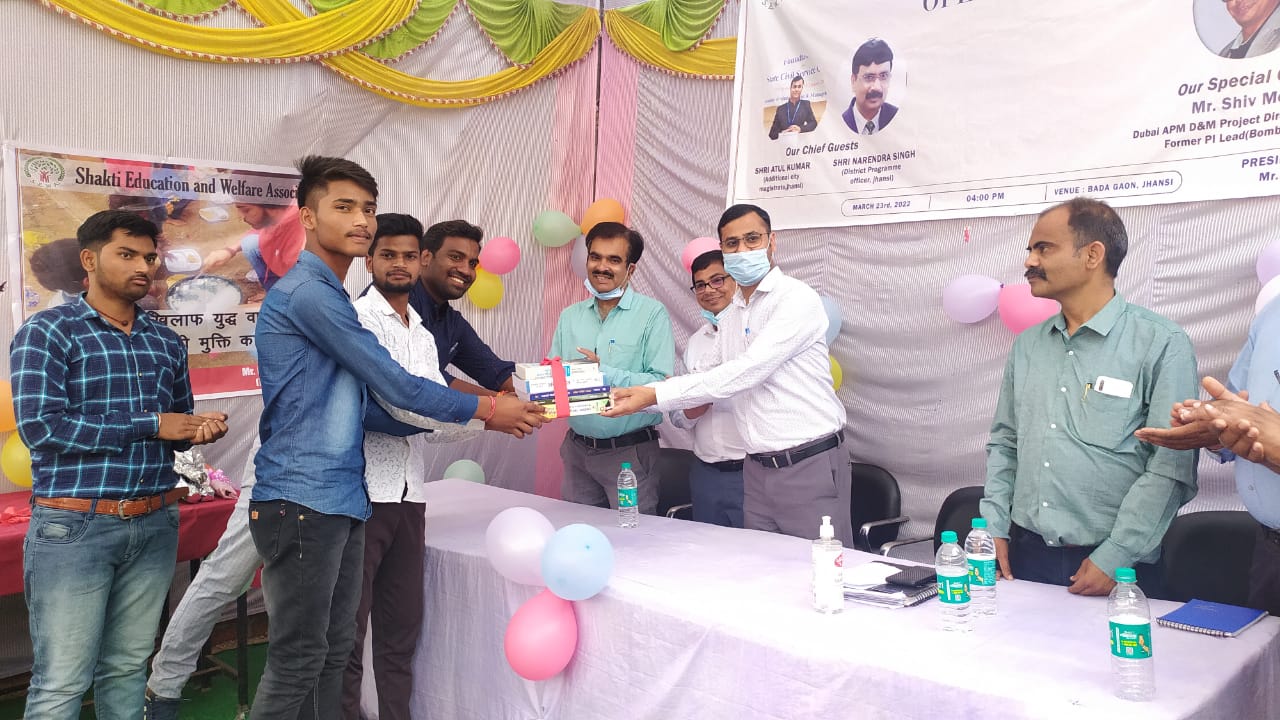
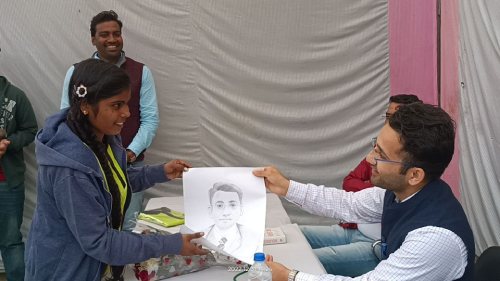
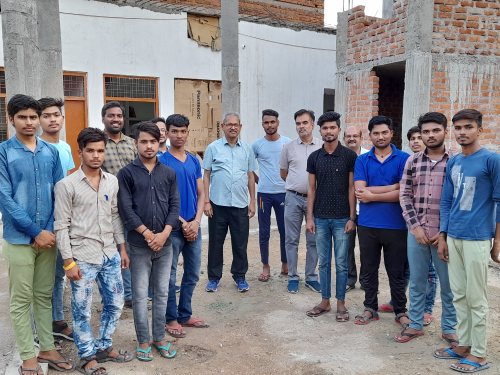
Prof. Anil Kumar Sachan Professor at MNIT Allahabad visited our FREE LIBRARY and met with the students of our FREE JEE Coaching , congratulate and motivate them for their upcoming exam and future